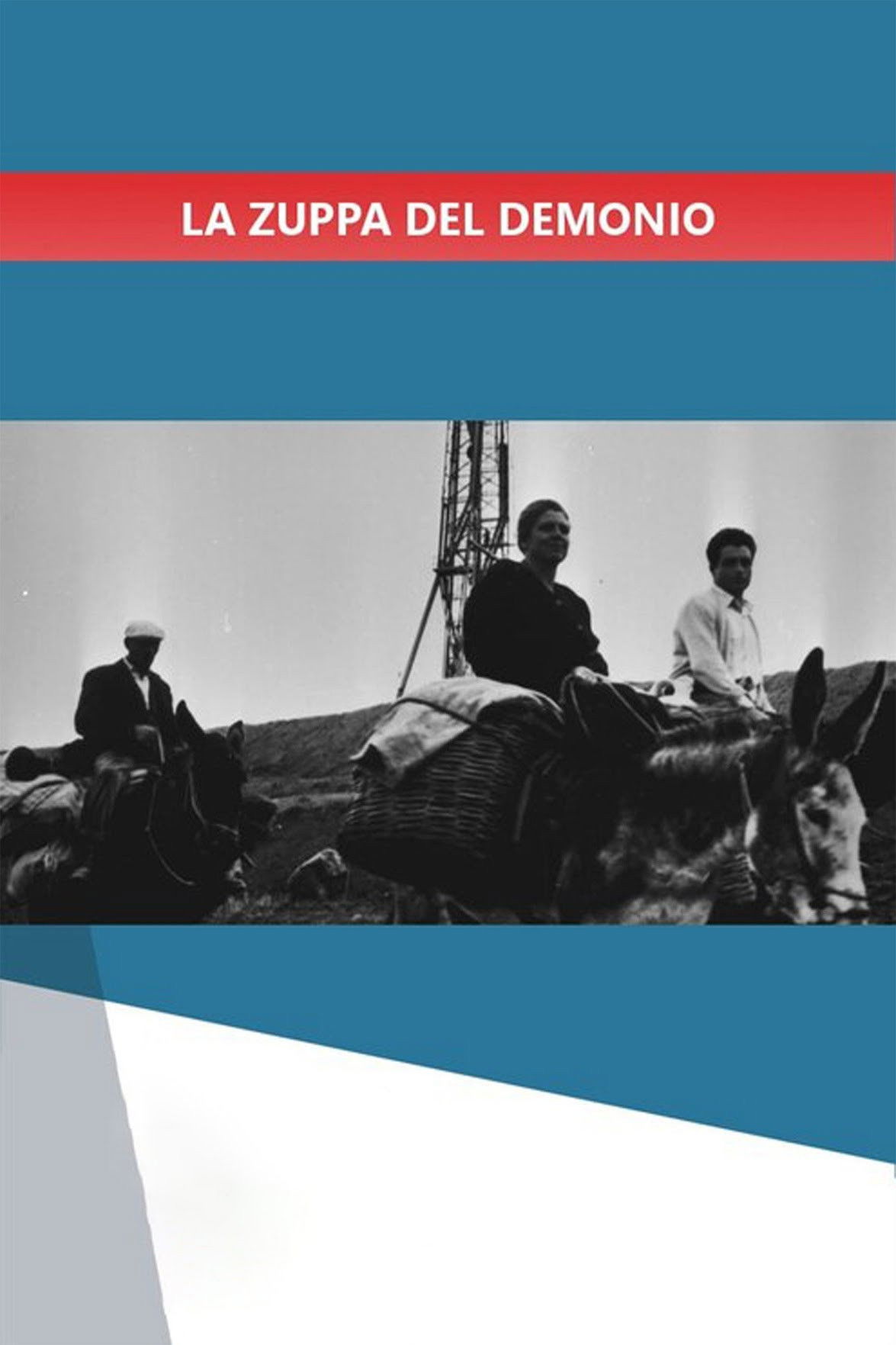Why Plastic: Coca Cola/American Plastic (2021)
• October 25th, 2021 • 0h 29min
Documentary
Overview
Whales beached after ingesting plastic, oceans soiled: a quarter of marine waste today comes from cans and plastic bottles. The drinks industry produces 470 billion single-use bottles each year, 25% of which come from Coca-Cola. Although the world's largest soft drink producer has set ambitious targets to prevent this environmental pollution, it has often failed to do so. In the 1950s, the company sold its drink exclusively in returnable glass bottles, which it washed and refilled. Two decades later, these were replaced by disposable bottles - a decision whose devastating effects still linger.
Make sure to check your pop-up blocker!!
Trailer
Similar Movies
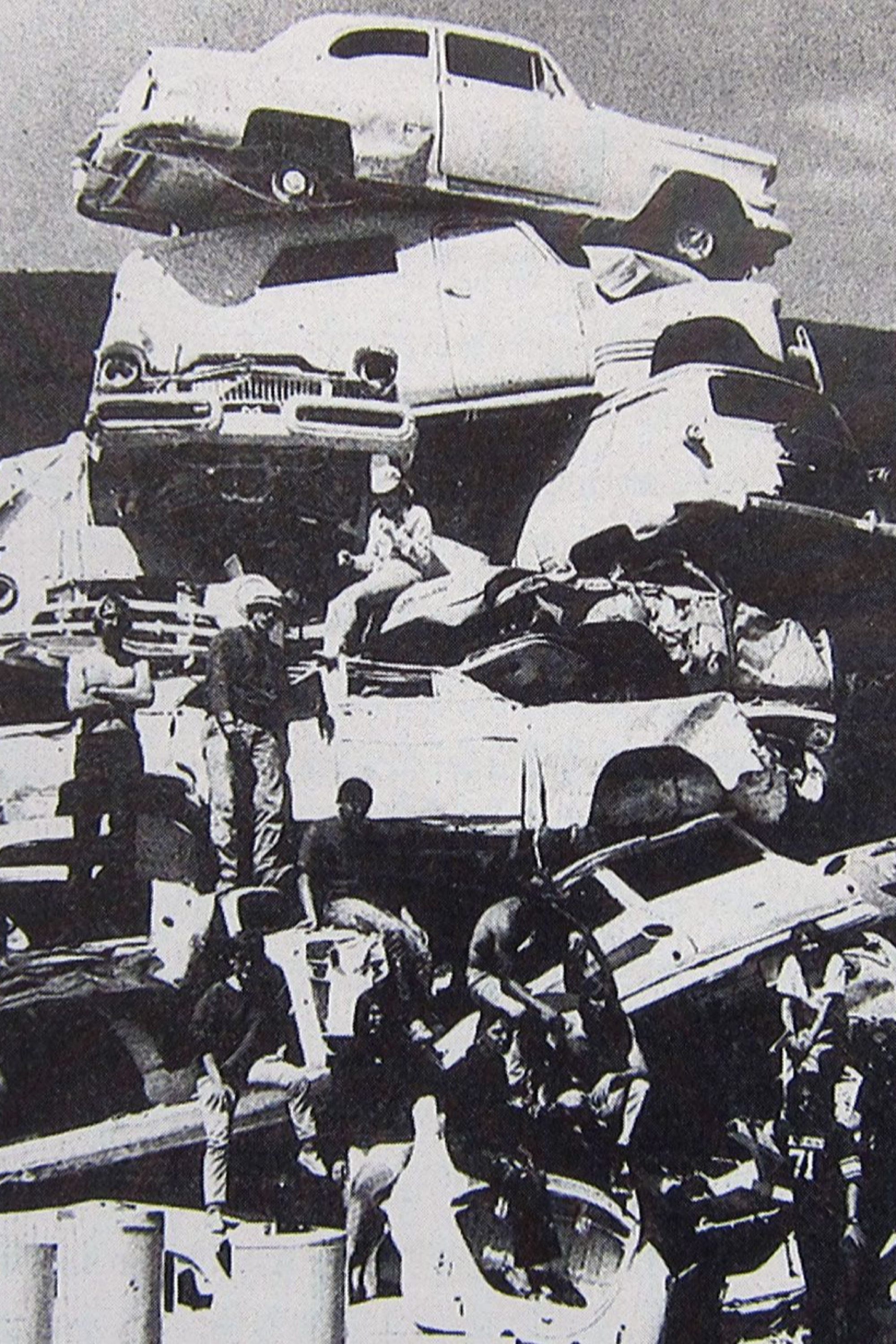
Aspen, 1970
Released on: 1970-01-01
Documentary
A compilation of conferences/debates between renowned designers, environmental activists, and studen...
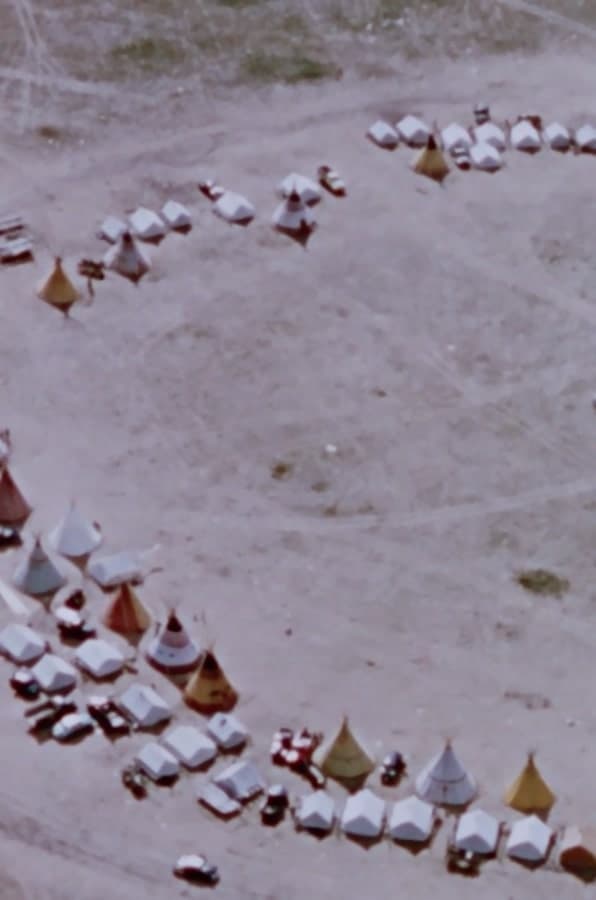
Kainai
Released on: 1973-01-01
Documentary
On the Kainai (Blood) First Nations Reserve, near Cardston, Alberta, a hopeful new development in In...

Québec...?
Released on: 1967-01-01
Documentary
This short documentary film is a fascinating portrait of urban and rural Quebec in the late 1960s, a...

Henry Ford's America
Released on: 1977-10-01
Documentary
A study of the automobile and its pervasive effect on the history of North America. Focusing on the ...

Endless Letterpress
Released on: 2019-03-15
Documentary
Facing deteriorating machines and the advance of new technologies, Argentine printing presses are cl...
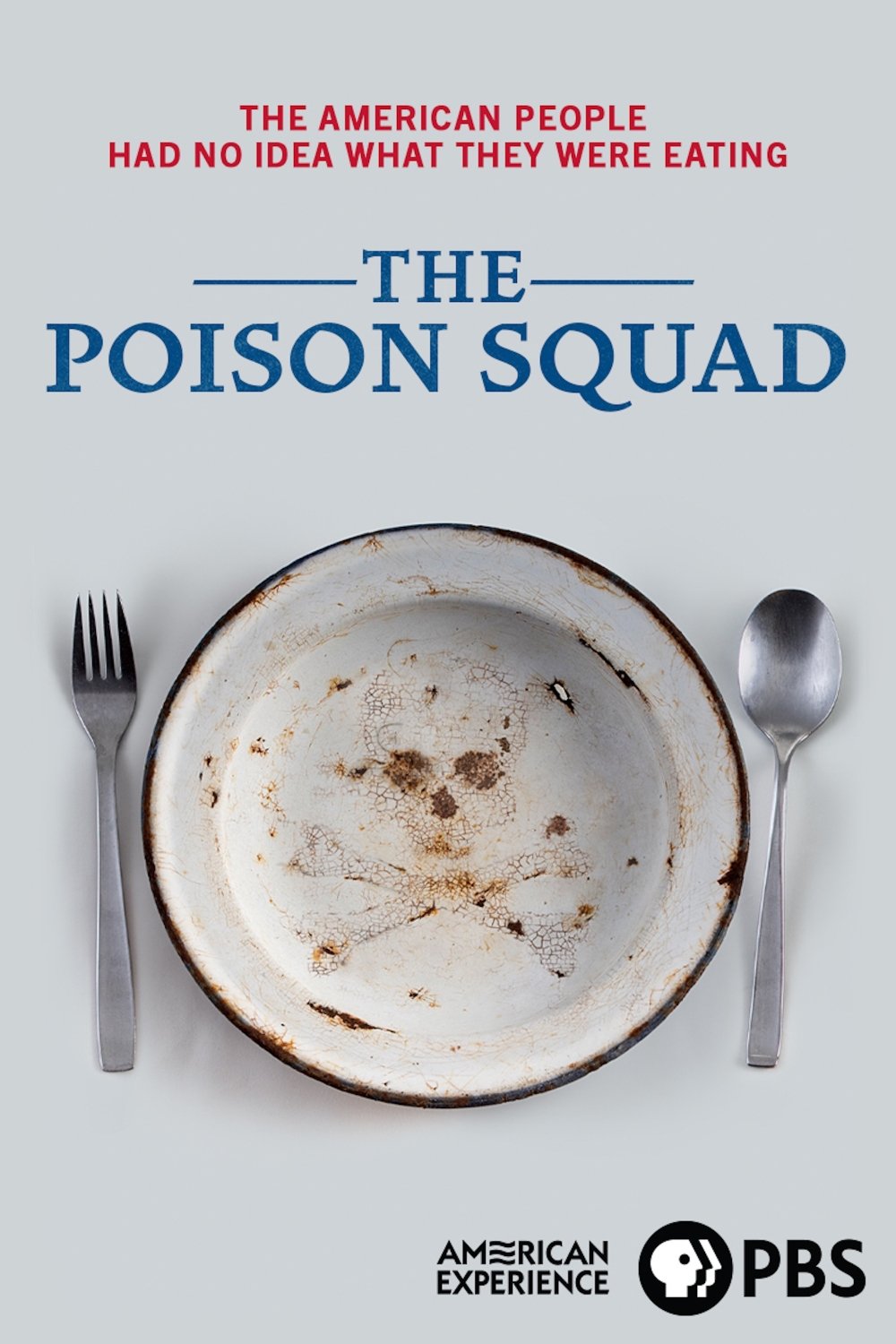
The Poison Squad
Released on: 2020-01-28
Documentary, Crime
The story of government chemist Dr. Harvey Wiley who, determined to banish dangerous substances from...
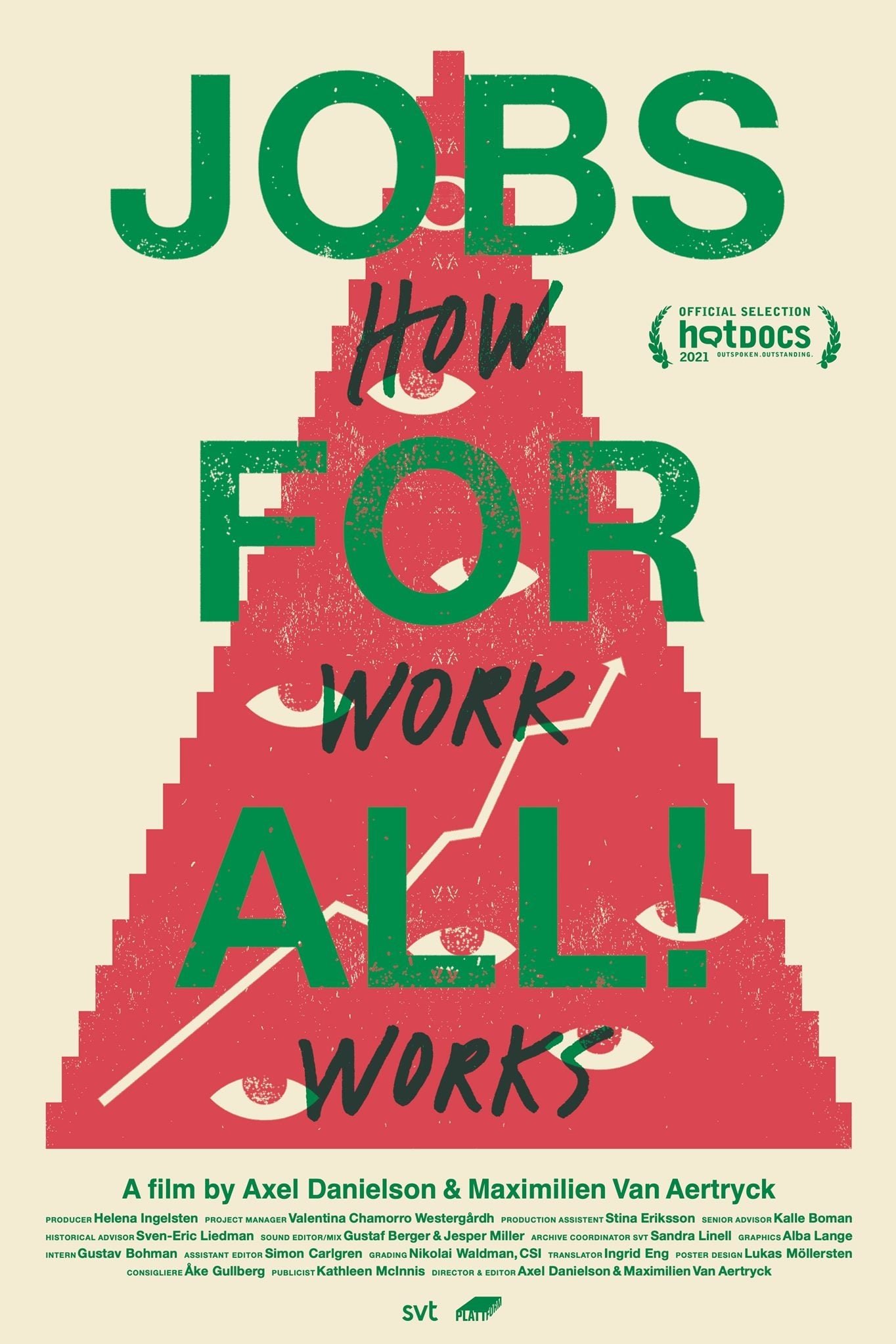
Jobs for All!
Released on: 2021-04-29
Documentary
A highly choreographed review of the Industrial Age as we know it today – an intense and playful rol...

A Land Betrayed
Released on: 1963-01-23
Documentary
Produced by Alfred Higgins Productions with assistance from the University of Missouri-Columbia’s Ac...
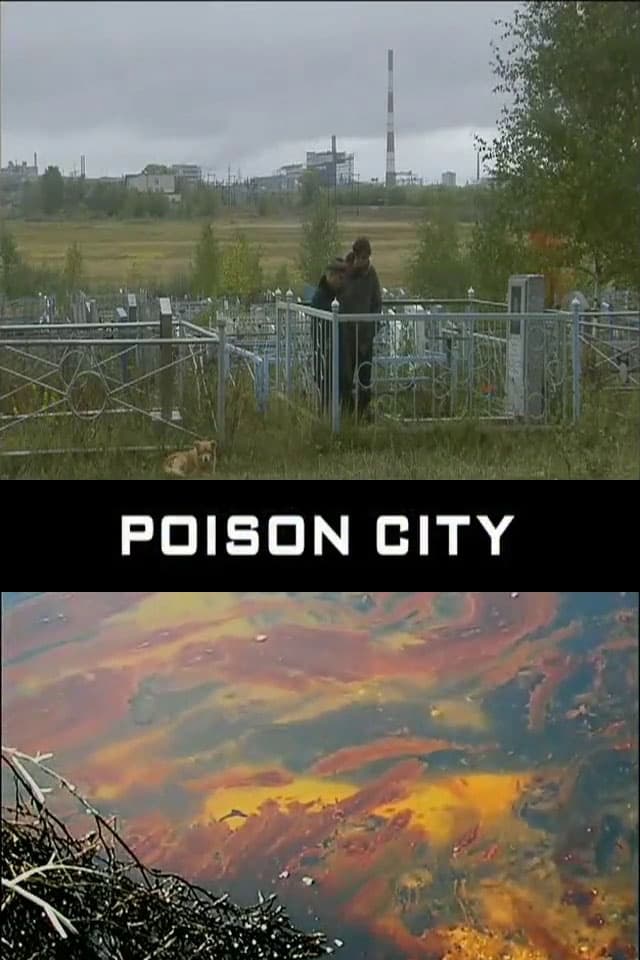
Poison City
Released on: 2003-03-09
Documentary
Dzerzhinsk, a Russian city 240 miles east of Moscow, is considered the most chemically polluted town...

Something in the Air
Released on: 2019-02-17
Documentary
Something in the Air is a one hour documentary that shows new risks in the most essential element fo...
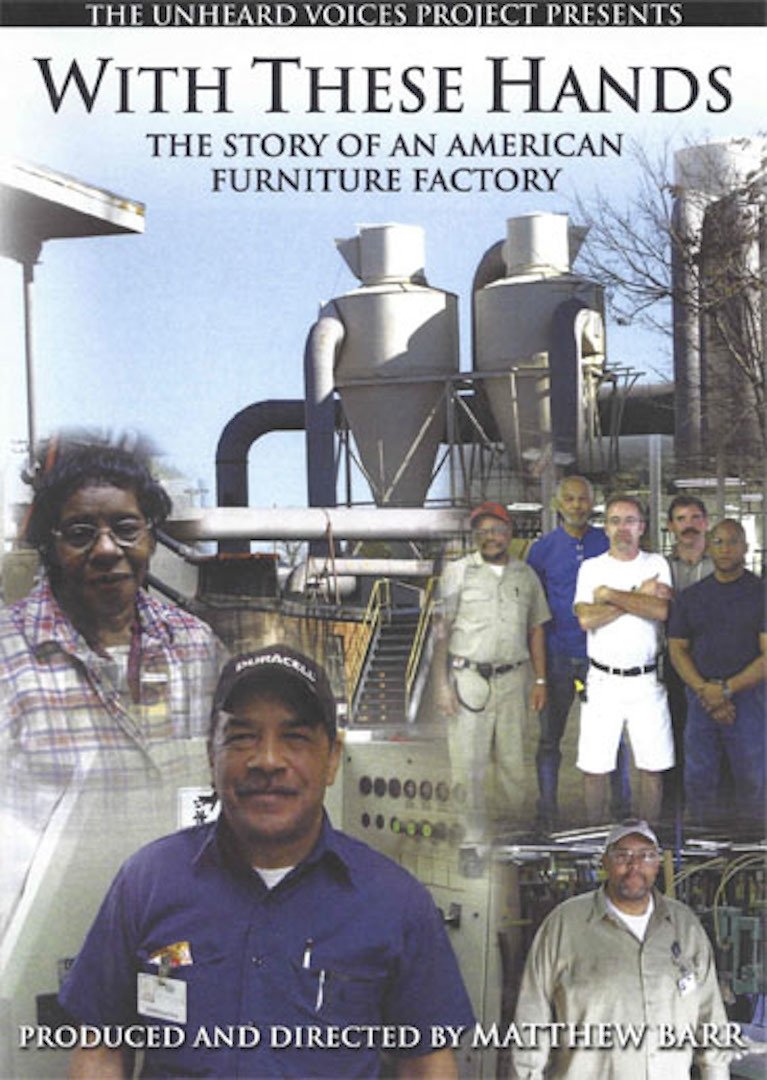
With These Hands: The Story of an American Furniture Factory
Released on: 2009-04-25
Documentary
In 2007, unable to compete with cheaper offshore production, Hooker Furniture Co. closed its plant i...

Manufactured Landscapes
Released on: 2006-09-09
Documentary
MANUFACTURED LANDSCAPES is the striking new documentary on the world and work of renowned artist Edw...
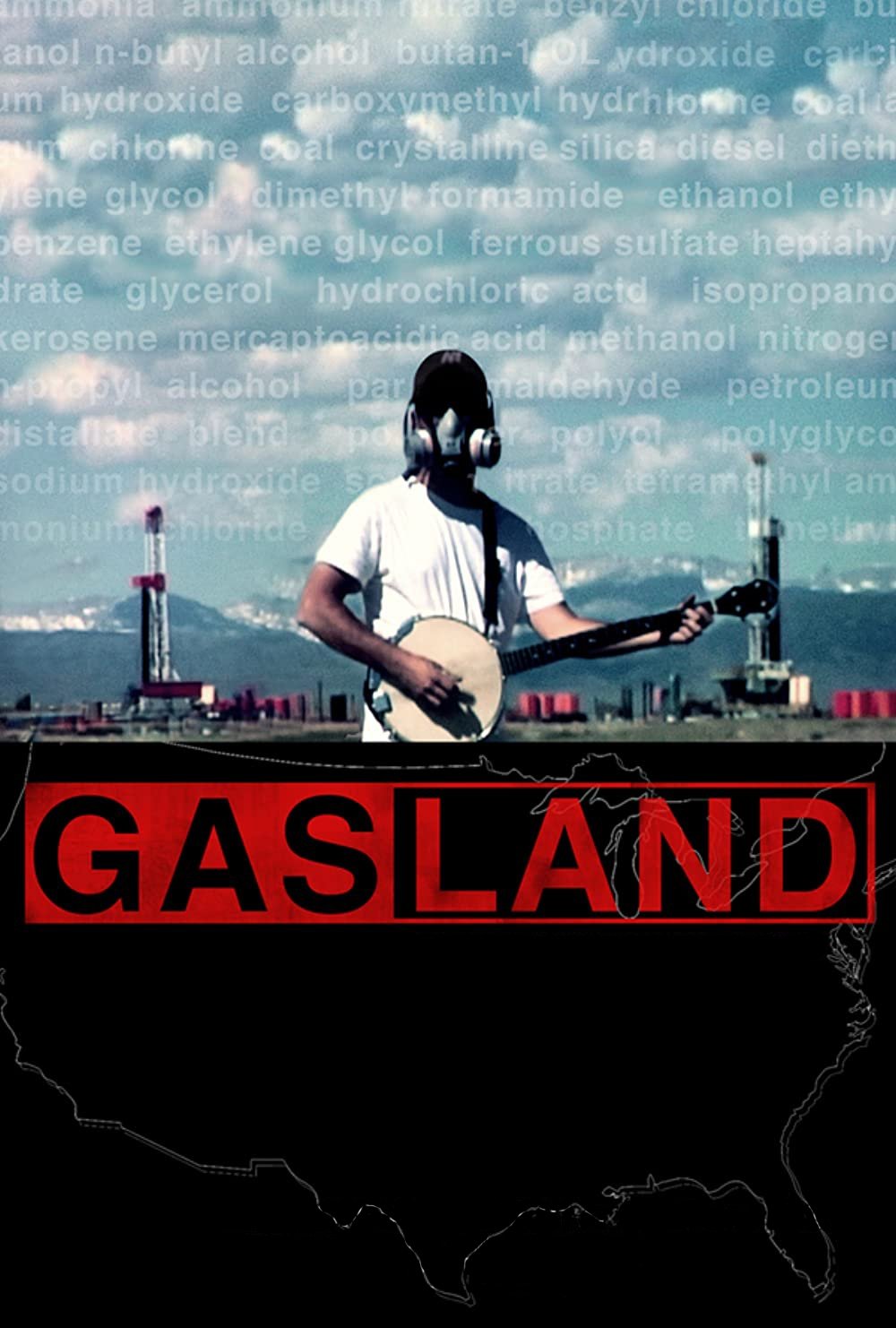
Gasland
Released on: 2010-01-24
Documentary
It is happening all across America-rural landowners wake up one day to find a lucrative offer from a...

The Hill
Released on: 2021-07-19
Documentary, Adventure
In his first film, Julien Chauzit gathers four young adults in their twenties who are on holiday in ...

The Voice Beneath the Sea
Released on: 1956-04-11
Documentary
A documentary about the laying of the first transatlantic telephone line.
